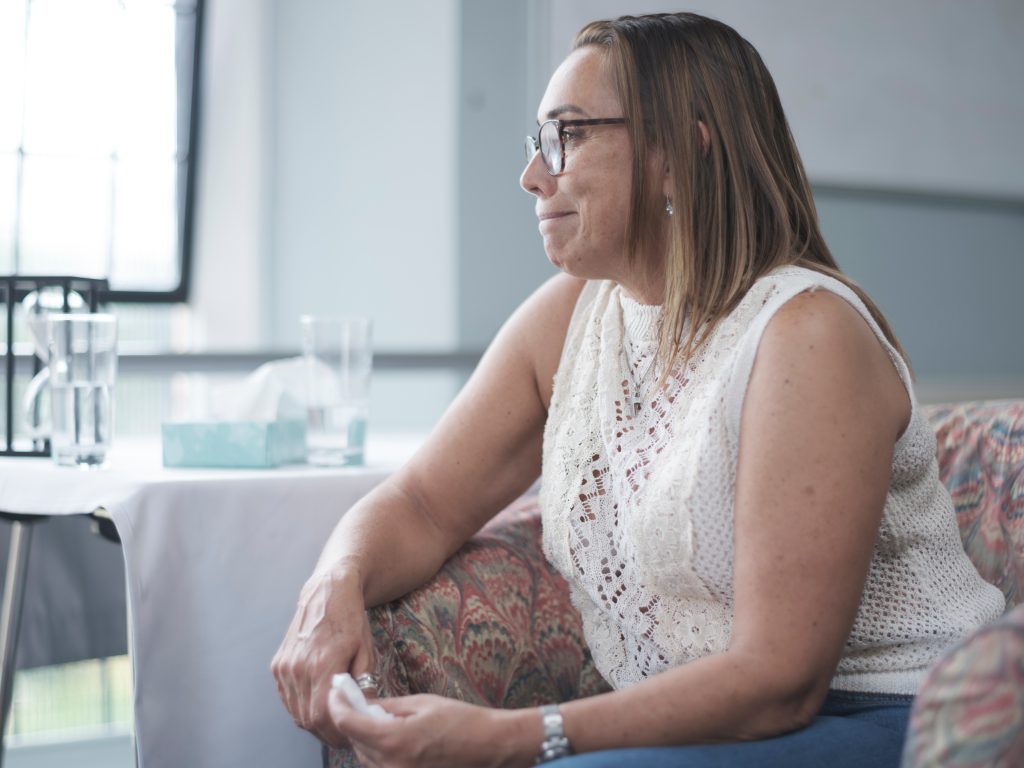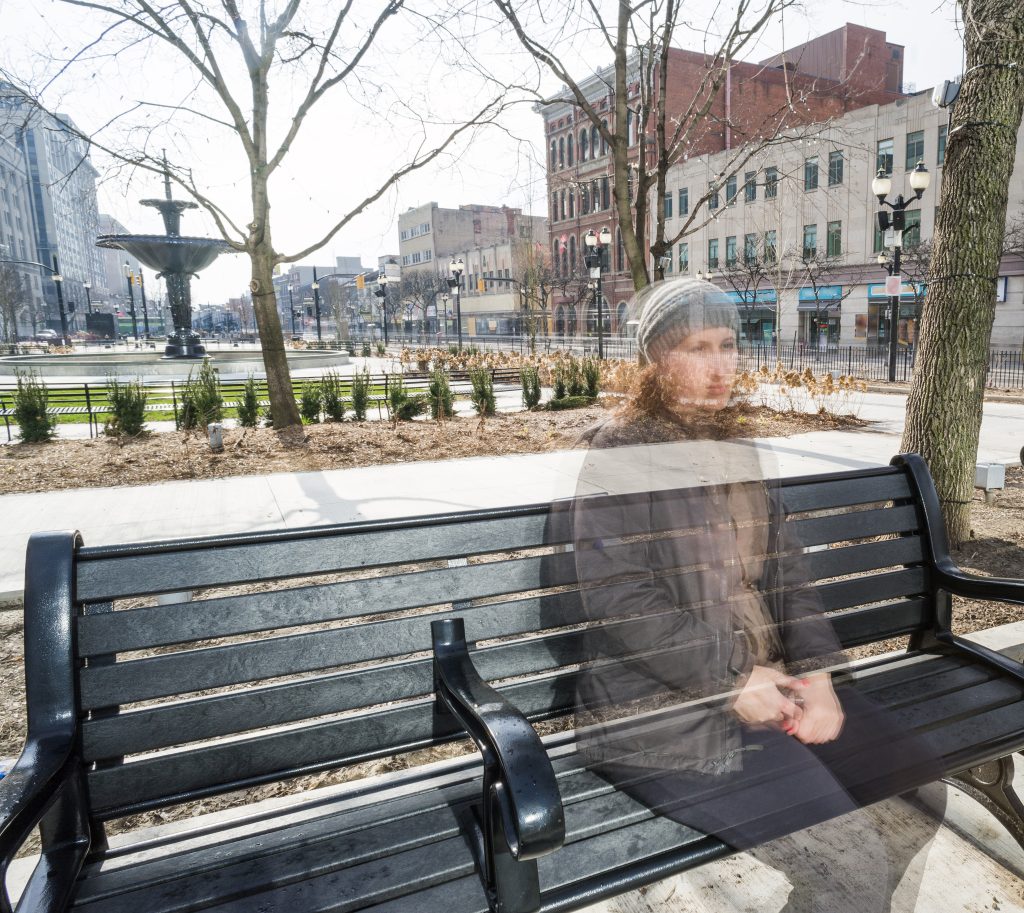“No pain, no gain!”

Is psychotherapy supposed to hurt? Is it necessary to wear waterproof mascara to every session? Are you going to be a royal mess after you spill your guts out on the floor and have to scoop them back up after “our time is up?” What’s it really like to be in therapy, anyway? What’s it supposed to be like if it’s really working? Does good therapy have to hurt? Great questions deserve some answers!
Physical Therapy for the Body
One way to think about it is to consider how physical therapy is used to help with physical problems. Some people see physical therapists after a trauma like a car accident or after they have “yanked their back out.” They may work with a physical therapist in a rehabilitation center or outpatient clinic to regain their former physical capabilities, to help prevent long-term physical problems that can happen as a result of how the body tries to adapt to injuries and to help them achieve complete physical independence.
Sometimes physical therapy is prescribed to deal with a chronic or progressive physical condition like arthritis or degenerative disc disease… not because the PT is going to heal or “cure” the problem, but to help the person learn ways to lessen symptoms and keep what mobility and range of movement they can in spite of the disorder.
Physical Therapy for the Non-Body
Psychotherapy is like physical therapy for the mind, the heart, the soul, the spirit…the non-body parts of you. It helps a person after a traumatic childhood or an immediate crisis to heal and be able to function normally. It helps a person to achieve their full potential cognitively, emotionally, socially, spiritually, and in their community. It helps a person who has a mental health diagnosis that must be managed for a lifetime (chronic depression, bipolar disorder, and addictions are a few) to learn ways to cope with their disorders better. The goal is not a “cure”, but to learn how to manage the disorder and get the best quality of life possible with it.
Does Good Therapy Have to Hurt?
If you’ve ever come back from a physical therapy appointment and not been sore, like you’ve been pushed past a limit you’d rather not have gone past, then you’re likely not going to get much out of your physical therapy. Growth, change, and healing depend upon stretching beyond the norm you’ve been limiting yourself to either because you’re in pain, you’re afraid, or you don’t know what to do to make any positive change.
Out of Your Comfort Zone

So, yeah, the short answer is that unless you are willing to feel uncomfortable, get into some feelings that you normally don’t want to feel, and talk about things that you don’t want to talk about…therapy probably isn’t going to help you much. But a good therapist is not going to emotionally dismantle you and then leave you to pick up the pieces at the end of a session and carry on…he or she will carefully assess how much time there is to get into certain issues and topics and will pace interventions appropriately.
Just like a good cardiac surgeon doesn’t do open-heart surgery in his outpatient clinic, a good therapist won’t ask you to do more therapy work than can be done in an hour.
Good Therapy is Like PT, not Massage
Good psychotherapy should be like good physical therapy. You should feel challenged and stretched emotionally, but not so much that it’s causing more damage. It should not be as gentle and soothing as a relaxing massage… because as good as that may feel, it’s not therapeutic enough to create the kind of change you’re looking for. You should be asked questions you don’t want to answer.
You should be told things you don’t really want to hear. But you should be allowed the space to be who you are. Therapy should be just challenging enough that afterward you find yourself thinking differently, questioning yourself or old outdated modes of perception, and being more aware of your feelings, your wants, your needs, your dreams, and your goals. In short, it should be creating the right environment for change, growth, and for healing.
It’s the kind of hurt that heals…
Dr. Anita Sanz, PhD, Psychologist
I Just Can’t Get Over It
Being able to heal past wounds and move on to live a happy, healthy life is a goal of many people who enter therapy. But…
Getting a Jump on Seasonal Depression
If you suffer from Seasonal Affective Disorder or SAD, then that first cool hint of air untinged by the humidity of summer doesn’t make you feel excited for…
How To Help Your Doctor Help You
You and I both know you are not a human Bento box. Trying to “unpack” your health experience by neat packages of symptom categories is…
Take Another Look At Cognitive Therapy
What do you see when you look at this image? Do you see a carved goblet? Or do you see two faces, almost touching their…
Who left your Mood in Charge?
Does This Sound Like You? You set goals for yourself, but if you don’t “feel like it,” you do nothing about them? You have plans for the…
Got An “Invisible Illness?”
“You Look Fine To Me!” What is it like to live with an invisible illness? It’s different from living with something that everyone around you…
- Well Being (56)
- Life Hacks (18)
- The Big Picture (8)
- Health (10)
- Relationships (13)
- Holidays (7)
- Therapy (40)
- Anxiety (9)
- Depression (16)
- On The Couch (15)
- Life Planning (5)






